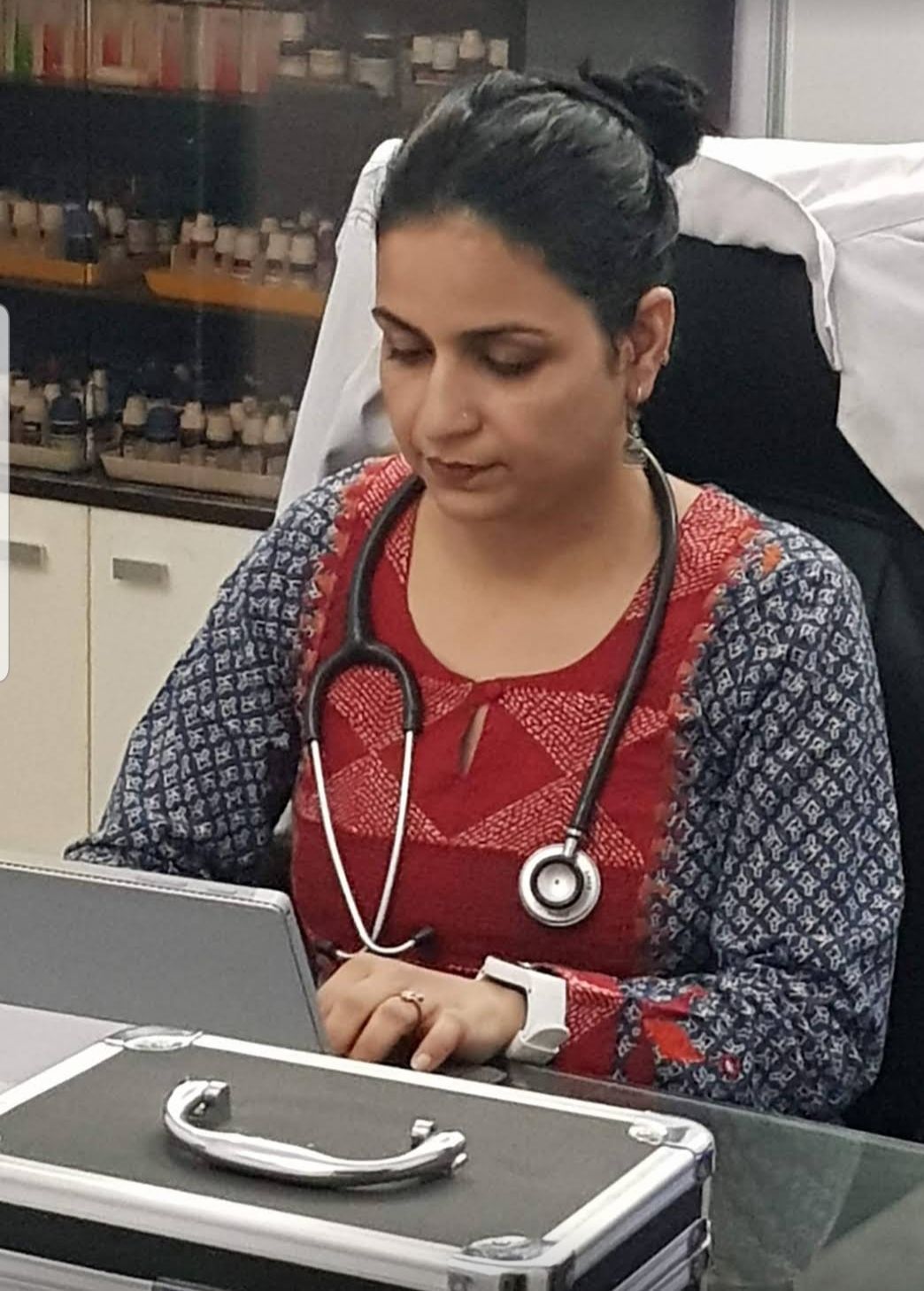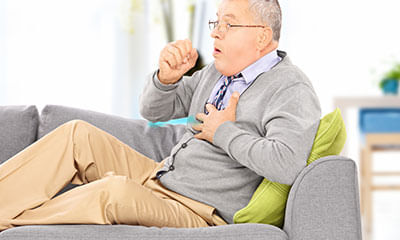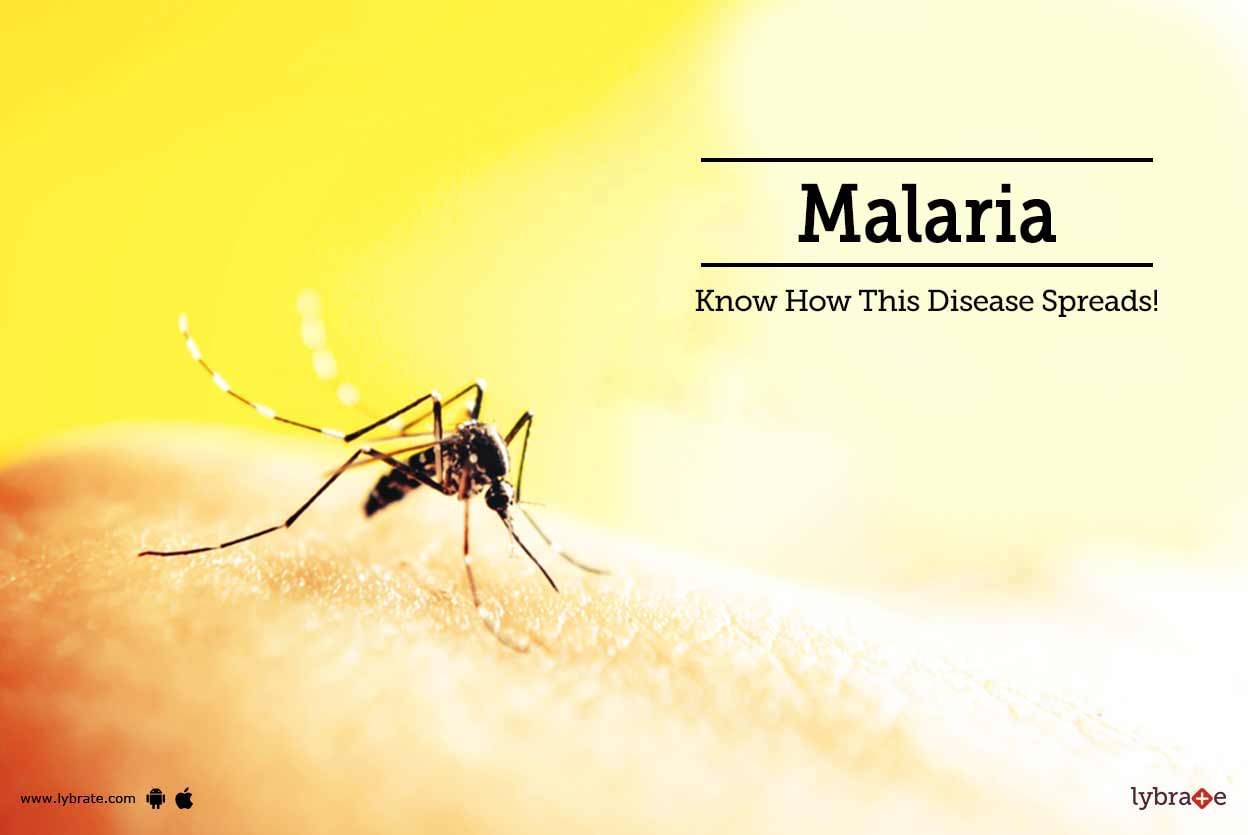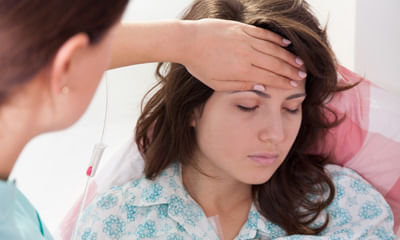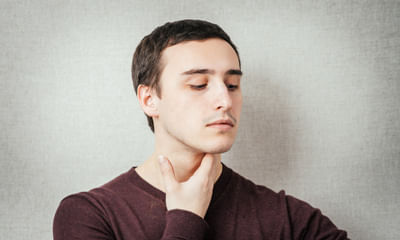Get the App
For Doctors
Login/Sign-up
About
Health Feed
Find Doctors
Health Packages
AllQ&AsTipsQuizzes
Malaria Health Feed
Asked for male, 20 years old from Kolkata
Share
Bookmark
Report
Asked for male, 22 years old from Navi Mumbai
Share
Bookmark
Report
Dear lybrateuser,
- Yes, you can take loroquin 500 mg once a week as preventive dose
- also apply mosquito repellant gel/ cream on exposed parts of body, wear trousers & full sleeve shirt to prevent bite.
- Yes, you can take loroquin 500 mg once a week as preventive dose
- also apply mosquito repellant gel/ cream on exposed parts of body, wear trousers & full sleeve shirt to prevent bite.
15 people found this helpful
Last Updated: 7 years ago• Featured Tip
Share
Bookmark
Report
Monsoon gives happiness to everyone after months of scorching heat. It also brings many diseases because of sudden change of temperature, contamination of food and water due to breeding bacteria, insects etc
Cold and cough
diarrhoea
typhoid
dengue
malaria etc.
General care to be taken during monsoon
avoid taking outside food
have filtered water and fresh food
avoid collected water in parks, streets etc
dry your feet properly if ...more
Cold and cough
diarrhoea
typhoid
dengue
malaria etc.
General care to be taken during monsoon
avoid taking outside food
have filtered water and fresh food
avoid collected water in parks, streets etc
dry your feet properly if ...more
Health Query
Share
Bookmark
Report
Last Updated: 7 years ago• Featured Tip
Share
Bookmark
Report
Mosquitoes might be tiny creatures, but are responsible for some of the most dreadful diseases, one of them is malaria. Malaria is caused by a parasite that is transmitted through mosquito bites directly or from mother to unborn baby and through blood transfusions. Very widely spread in the Asian and African continents, people travelling here are very cautious of this disease. In areas that are notorious for mosquito infestations, the local people also take preventive measures to ensure mosquito...more
Asked for male, 17 years old from Jamshedpur
Share
Bookmark
Report
Dear lybrateuser,
- Malaria is a parasitic disease caused by Plasmodium & transmitted by bite of female anopheles mosquito
- symptoms include high fever with chills, headache, sweating, bodyache, sometimes stomachache nausea & vomiting, in severe cases can affect various organs causing organ failure
- precautions which can be taken against it is maintaining hygiene & sanitation on & around the house, avoiding accumulation of water in drains or containers & unused water tanks
- ...more
- Malaria is a parasitic disease caused by Plasmodium & transmitted by bite of female anopheles mosquito
- symptoms include high fever with chills, headache, sweating, bodyache, sometimes stomachache nausea & vomiting, in severe cases can affect various organs causing organ failure
- precautions which can be taken against it is maintaining hygiene & sanitation on & around the house, avoiding accumulation of water in drains or containers & unused water tanks
- ...more
Health Query
Share
Bookmark
Report
Requires a medical diagnosis
Symptoms are chills, fever and sweating, usually occurring a few weeks after being bitten.
People may experience:
Pain areas: in the abdomen or muscles
Whole body: chills, fatigue, fever, night sweats, shivering, or sweating
Gastrointestinal: diarrhoea, nausea, or vomiting
Also common: fast heart rate, headache, mental confusion, or pallor.
Symptoms are chills, fever and sweating, usually occurring a few weeks after being bitten.
People may experience:
Pain areas: in the abdomen or muscles
Whole body: chills, fatigue, fever, night sweats, shivering, or sweating
Gastrointestinal: diarrhoea, nausea, or vomiting
Also common: fast heart rate, headache, mental confusion, or pallor.
13 people found this helpful
Health Query
Share
Bookmark
Report
Fever with chills and headache are few symptoms of malaria and to be confirmed with a blood test and medication like chloroquine needs to be given after clinical examination and See to it that there is no stagnation of water in your house and nearby locality for more than 7 days because these are breeding grounds for mosquitoes.
1 people found this helpful
Last Updated: 7 years ago • Featured Quiz
Share
Bookmark
Report
Integrated Medicine Specialist•Ajmer
Asked for female, 33 years old from Delhi
Share
Bookmark
Report
If she has spleenomegaly or her peripheral smear shows MP positive than tell her to meet us for a complete course of malaria and as of now Few diet tips - Not to eat fried food items and Can eat All green vegetables, moong, chana,Dal, rice etc And to apply ghee over chappati and don’t apply oil over chappati And to drink milk mixed with turmeric powder twice a day And If possible eat eggs on alternate days And If possible in breakfast eat atleast one bajra ka rotla And Eat seasonal fruit.
29 people found this helpful
Book appointment with top doctors for Malaria treatment
View fees, clinic timings and reviews
Ask a free question
Get FREE multiple opinions from Doctors
posted anonymously




